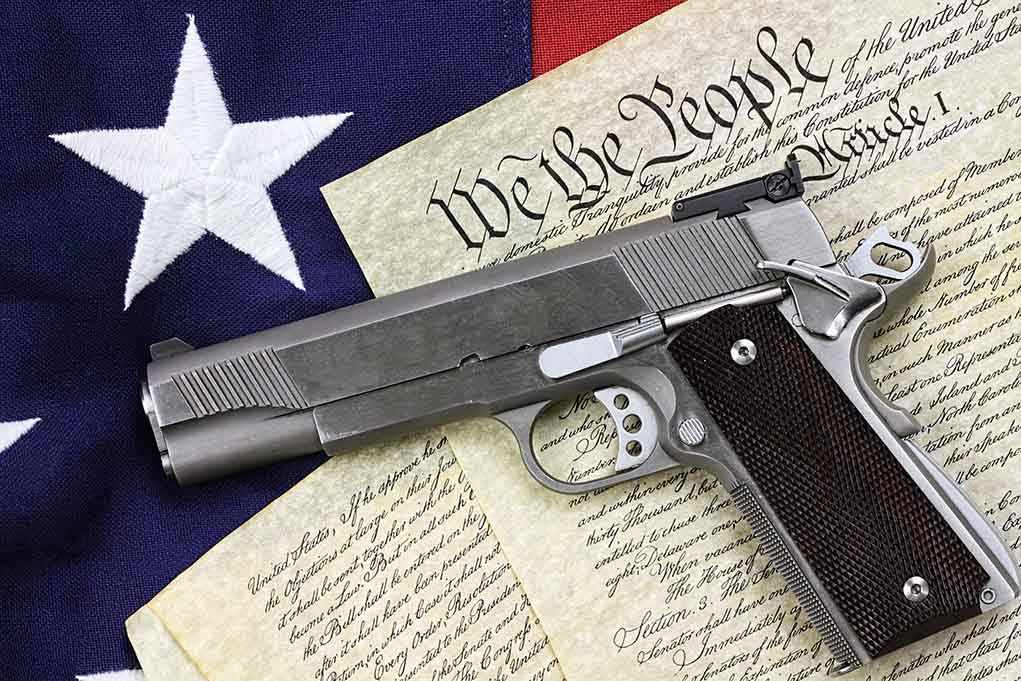
A federal appeals court ruling upholding Illinois’ concealed carry ban on public transit raises alarm among Second Amendment advocates.
Story Snapshot
- The 7th Circuit Court of Appeals upheld Illinois’ ban on carrying firearms on public transit.
- This decision overturns a previous district court ruling that found the ban unconstitutional.
- The case tests the boundaries of gun rights in “sensitive places” like public transit.
- The ruling could influence future Second Amendment litigation across the country.
Illinois Ban on Firearms: What the Court Decided
The 7th Circuit Court of Appeals recently affirmed Illinois’ prohibition on carrying concealed firearms on public transit, reversing a district court’s 2024 decision that deemed the ban unconstitutional. The appeals court ruled that the ban aligns with historical precedents allowing regulation of firearms in sensitive and crowded places, like public buses and trains. This decision emerged from a lawsuit filed by four Illinois gun owners who argued that the ban infringes on their right to self-defense.
The case originated from Illinois’ 2013 Firearm Concealed Carry Act, which permitted concealed carry with a permit but explicitly banned firearms on public transit. The plaintiffs, supported by advocacy groups such as the Firearms Policy Coalition, contended that the ban violated their Second Amendment rights. Meanwhile, the state defended the ban as essential for public safety, particularly in crowded urban transit environments like Chicago’s CTA and Metra.
The Legal Context: Sensitive Places and Gun Rights
Central to the court’s decision is the interpretation of “sensitive places,” a concept reinforced by the Supreme Court’s 2022 decision in New York State Rifle & Pistol Association v. Bruen. This ruling emphasized that while Second Amendment rights are fundamental, they can be restricted in places traditionally considered sensitive. Courts have often upheld bans on firearms in places like schools and government buildings, and this ruling extends such logic to public transportation systems.
The appeals court’s reversal underscores the judiciary’s role as the arbiter in balancing individual rights and state power. While gun rights advocates argue that such bans unduly restrict self-defense, legal experts suggest this ruling aligns with historical traditions of firearm regulation. The decision reflects the ongoing legal and societal debate about where and how gun rights apply in modern America.
Implications and Future Prospects
In the immediate term, the ruling maintains the enforceability of the transit ban, preventing concealed carry permit holders from bringing firearms onto Illinois public transit systems. This decision could set a precedent for similar restrictions in other states, potentially affecting national discourse on gun rights and public safety.
Looking forward, the plaintiffs may seek further appeal to the full 7th Circuit or the U.S. Supreme Court, although no such actions have been confirmed. The ruling may influence future Second Amendment litigation, particularly regarding the definition and scope of “sensitive places” where firearm restrictions are permissible. The decision might also energize both gun rights and gun control advocates, impacting legislative agendas and public policy.

